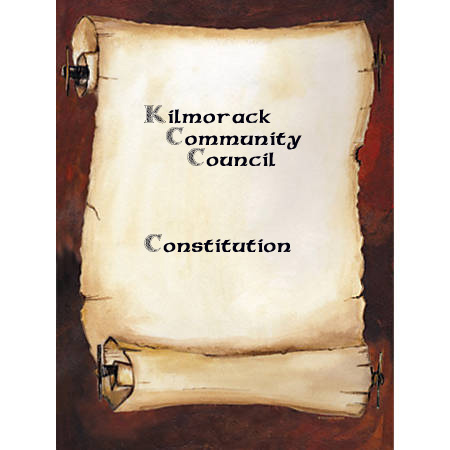
Constitution Click to download pdf.
Community Councils were established by statute, Part IV of the Local Government (Scotland) Act 1973 but strangely their legal status is not defined. Legal Status is important in that it creates the uniqueness of an organisation and makes it a separate legal entity from the members of the organisation. In that way it has been argued that Community Councils are not corporate bodies. In a landmark ruling in December 2018 Lord Woolman in the Court of Session ruled that Community councils can be sued for damages for personal injuries. The judge held that community councils, which had been created by parliament as distinct bodies with rights and duties to act in the public interest, were “hybrid bodies” which could be sued in their own name. This ruling means that Community Councillors are unlikely to be sued personally for injuries, accidents or losses. Up until now Community Councils, per se, could not be sued but only the officers of that organisation. They could them claim back losses from their insurers. An unnecessary stress for what is a voluntary appointment. The Constitution by itself does not form a legal entity and should only be considered as an operational guidance. KCC do have insurance to cover CC activities but funding is insufficient to provide indemnity insurance for the Community Councillors. However since the 2018 ruling the concern that as a Community Councillor you could have your assets seized is arguably no longer the case.
